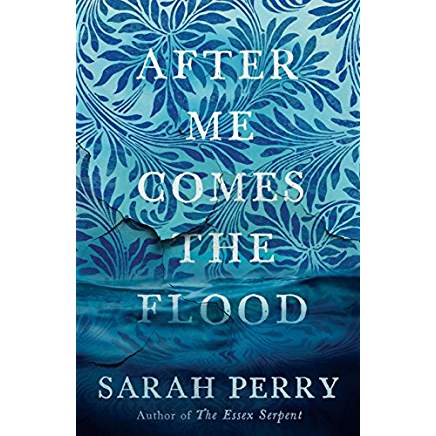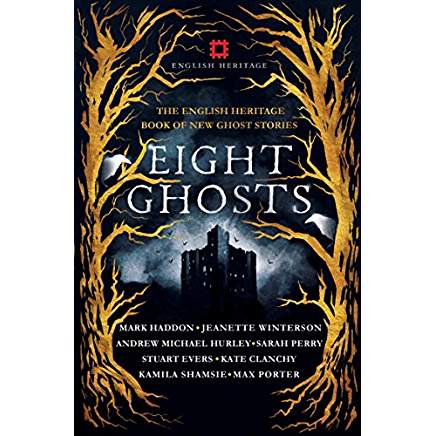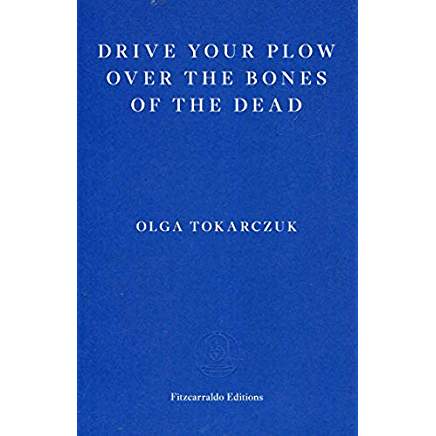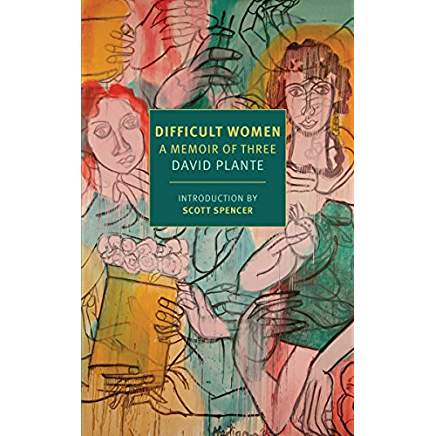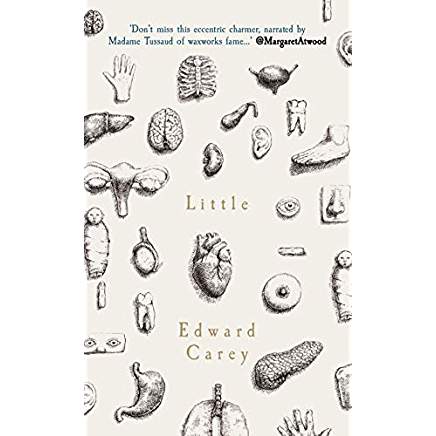
I have gradually heard more and more about this book over the past 6 months through book tube and reviewers and it kept catching my attention. Even after listening to an excellent review of it on the Tea or Books? podcast I still don’t know why I delayed in reading it, but that has been remedied now.
Little is the fictionalised story of Madam Tussaud’s life, originally Anne Marie Grosholtz; being born in Switzerland, growing up in revolutionary Paris and then finally moving to London. It is fantastic. Little’s (i.e. Marie’s) voice throughout the novel is perfect. Her unsentimental narration feels realistic and convincing.
In a way this is a Bildungsroman, a coming of age narrative for Marie.We read about her lack of independence, how she slowly takes control of her life and escapes her low standing in society, through hard work and dedication. The novel explores a couple of very interesting themes; the boundary between life and death and how close they are in these characters lives and the concept that we can change how we are perceived by others by changing our clothing, whether to ensure conformity and therefore safety or to transcend class boundaries. Never forgetting that ‘under the skin’, whether literal skin or clothing, we are all the same; the essential self does not change.
I really, really, enjoyed this book and read it in one sitting, something I haven’t done for a long time. Special mention also goes to the illustrations of body parts which Edward Carey drew himself, they really add something a little different to the book.
